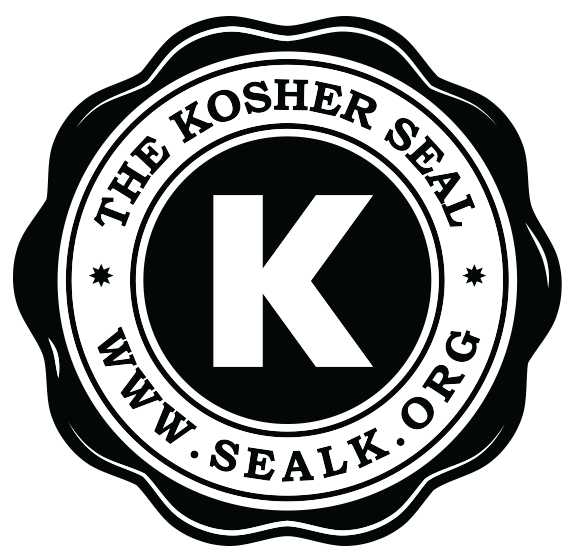Kosher Certification Cost

How much does kosher certification cost?
This is an excellent and reasonable question, but like any customized service, the cost will depend on your exact needs. To know for sure, contact us for a free, no-obligation, friendly consultation and quote. To get a better idea of what is involved, read on…
But do keep in mind that one important Seal-K principle is that we don’t link our fees to product sales volume. Our flat fee pricing lets clients grow with no strings attached.
The simplicity or complexity of the product (from a kosher perspective, not necessarily from a manufacturing one) will play a major role in the costs and requirements for kosher certification. And while meat-based products are by far the most kosher-complex, other foods require far less intensive activities.
Will the product need full-time or occasional oversight? This is something that will become clear as you consult with the kosher certifier. For example, a private label product can sometimes be produced only once a year, and therefore the equipment re-kashering process will take place only annually. By contrast, a daily production line used for perishables may need a re-kashering almost every week, if the line is used for non-kosher products in between.
This leads us to the question: Is your facility dedicated to kosher products only, or does the product share a line with non-kosher items? Kosher items must run on equipment that is thoroughly cleaned to particular specifications. How the equipment is allocated will determine how much preparation and checking the machinery will require, and how often. These logistical decisions can be easily made by comparing costs and benefits after a free consultation.
How much manpower is involved in your production? Some facilities require more than others. For instance, a 5-star, 4-level commercial kitchen serving 5 plates a meal, 3 or 4 times a day will require a team of at least 10 kosher supervisors on-site full time, and may increase when “Kosher-for-Passover” certification is requested.
On the other hand, a ‘low-complexity’ facility such as an olive oil production facility will require an occasional brief visit, preformed by one kosher supervisor only.
Depending on where you are, what you are producing, and how you do it, there may be travel or administrative costs involved in your certification, but as you will see, they all tend to be extremely manageable and predictable, and after all, they are well-balanced by increasing the popularity of your product among many types of consumers.
Will adding kosher increase the retail price to the consumer?
When you add kosher certification to your products, chances are your consumers will not pay a penny more.
Just as you would not find it necessary to pass on the cost of commissioning a third party chemical food analysis, basic insurance, or other similar service to your customer, kosher certification cost does not generally affect pricing decisions.
In fact, mass producers often find that kosher actually lowers the cost per unit by increasing sales. And many Seal-K companies who add kosher certification report that they find it easier to place their product with new retailers and thus reach more market share.
(Due to the very high level of supervision expected, and valued, by the consumer, meat products are the obvious exception.)
How can I know if kosher supervision is worthwhile for my product?
Most manufacturers do find it worthwhile, since kosher certification costs themselves are usually miniscule in comparison with other fixed costs of running their businesses. Some manufacturers find the monthly increase similar to the cost of employees occasionally taking an additional drink of water, or using another paper towel.
So adding kosher in most cases will not be noticeable in your pricing structure – but the added value that kosher certification brings in credibility, new markets, and additional sales will make you glad you did it.
Ready to find out what kosher can do for you?
Simply contact us for more information and a free quote, a representative will be glad to assist you! Kosher certification cost

